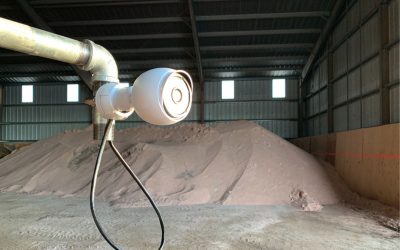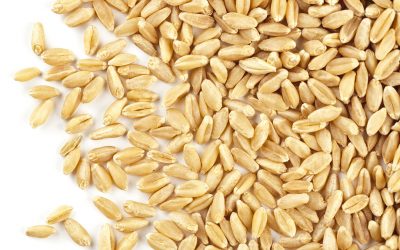DuPont introduces low-phytic acid products
A team of DuPont scientists has identified a gene that, when silenced, can help increase the feed value of grain, improve breeding programs for corn and other crops and reduce phosphorous in animal waste.
The gene controls production of phytic acid, a compound in grain and oilseeds
that is not digestible by monogastric animals, such as swine and poultry, and
reduces the availability of essential minerals. Through genetic manipulation,
researchers at DuPont business Pioneer Hi-Bred were able to silence the gene in
corn, greatly reducing the amount of phytic acid in the
seed.
Low-phytic acid offering
“This research is a major
advancement in our effort to improve the quality of grain used for animal feed
and brings more value to producers,” said Jinrui Shi, research scientist at
Pioneer. “For years, seed and biotech companies have been trying, with little
success, to bring a low-phytic acid offering to market. This is the first time
an institution has successfully produced a transgenic low-phytic acid trait
without impacting germination or plant growth. In the past, this has precluded
successful commercialization of this trait.”
Good for farmer and
environment
Low-phytic acid seed is beneficial because it increases the
amount of nutritionally available phosphorus and the bioavailability of
essential minerals, which reduces the need for producers to add more costly feed
supplements. In addition, lowering the amount of phosphorus from undigested
phytic acid in manure can help reduce the environmental impacts of livestock
production.
Results of this research were published online in Nature Biotechnology on August
5.
Related website:
DuPont











